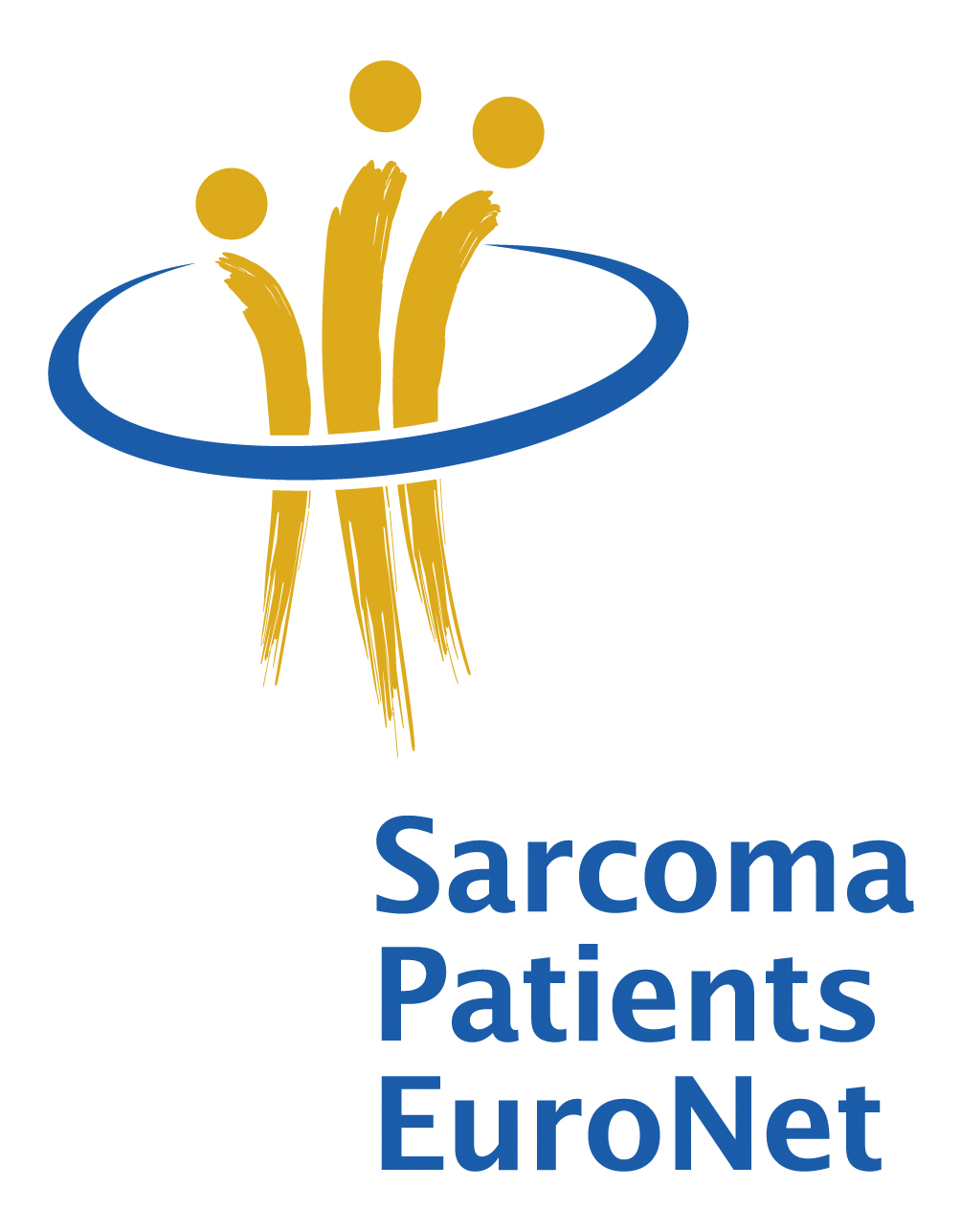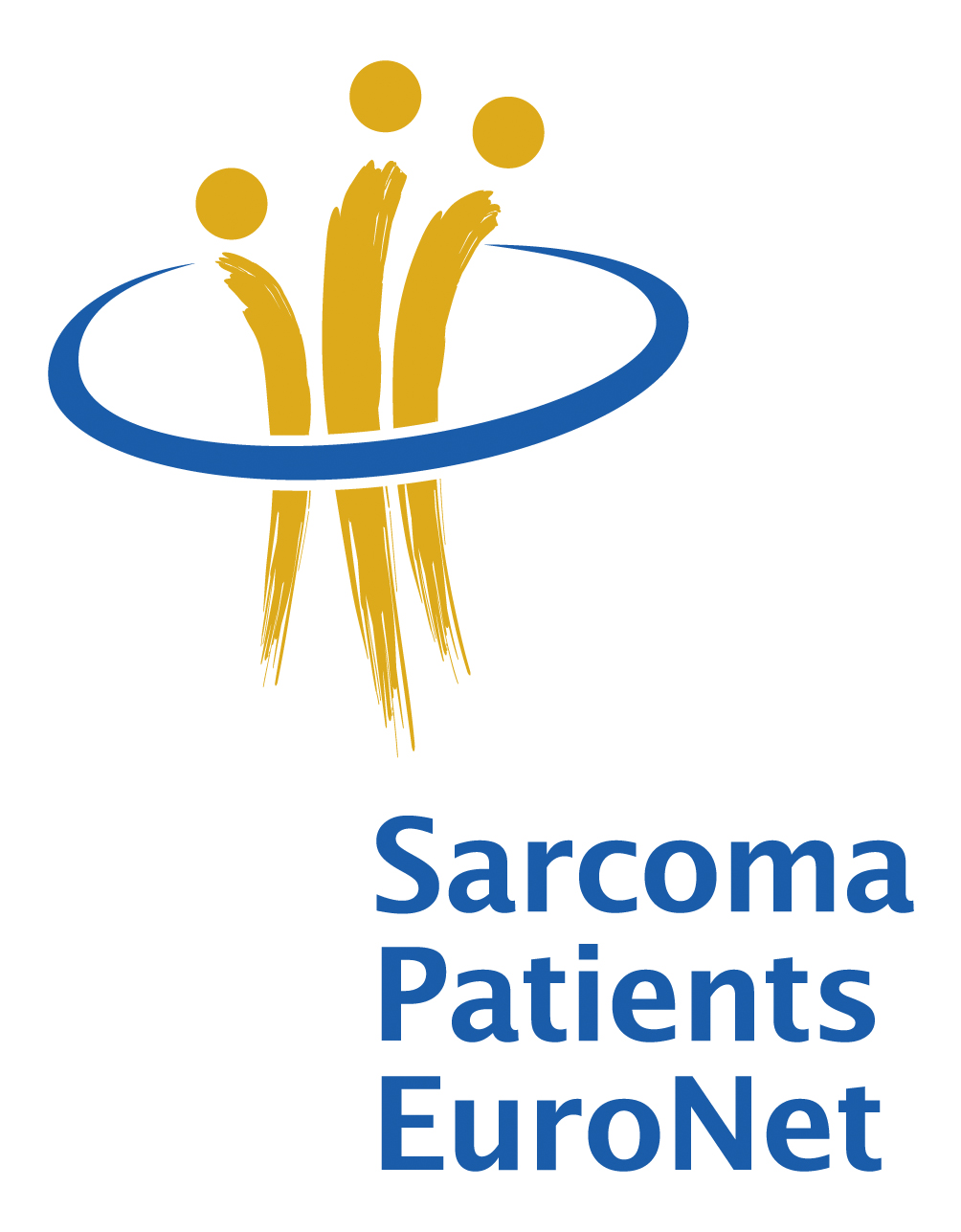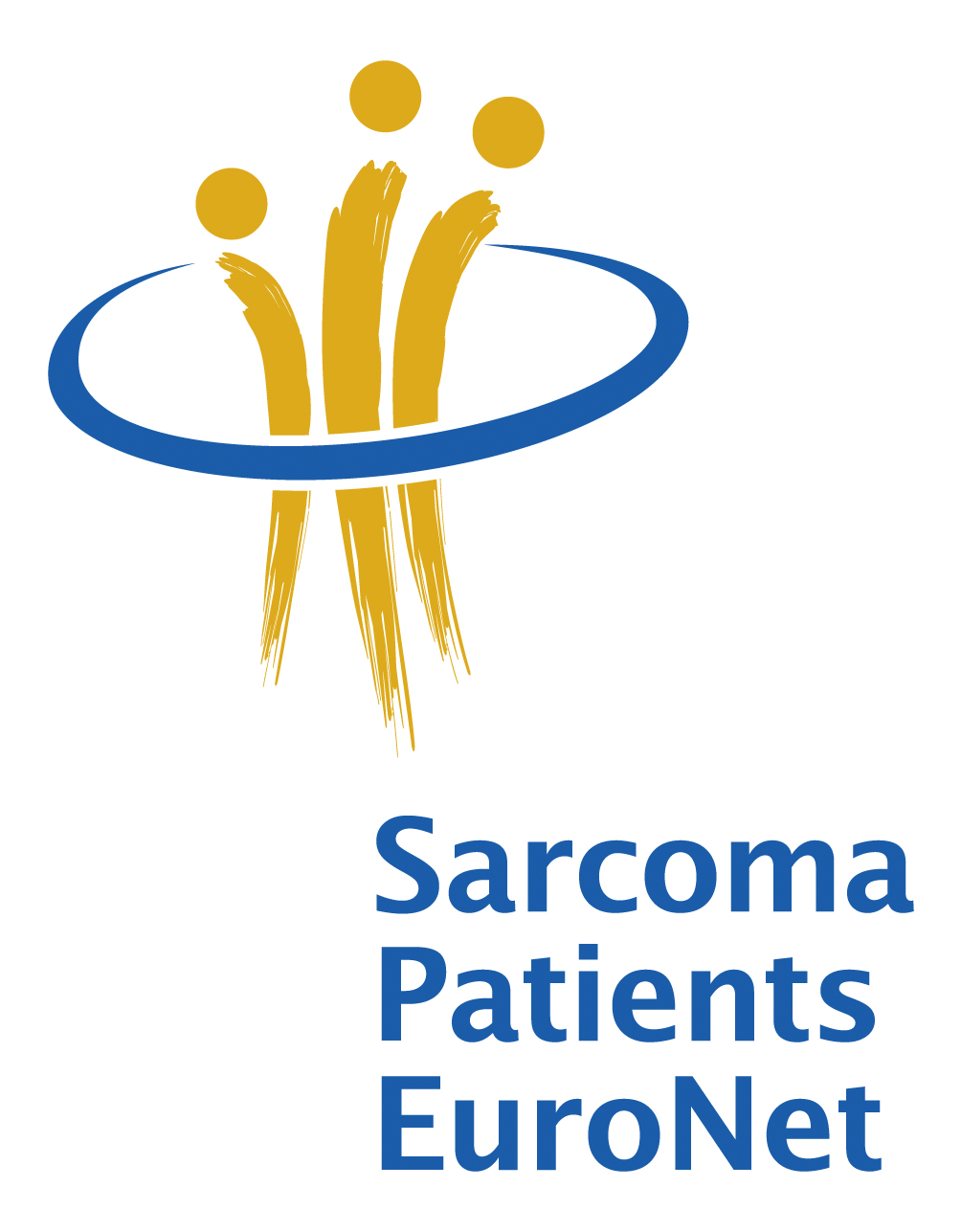SPEARHEAD-1: ADP-A2M4 in Advanced Synovial Sarcoma or Myxoid/Round Cell Liposarcoma
| Agents: | ADP-A2M4 |
| Phase | II |
| Status | Open, recruiting |
| Sponsor | Adaptimmune |
Further information: https://clinicaltrials.gov/ct2/show/NCT04044768
A Phase II study evaluating the effectiveness and safety of the investigational drug ADP-A2M4 SPEAR™ T Cells in patients with synovial sarcoma or MRCLS
WHO is the trial for? |
|
WHAT is the key question that this trial is attempting to answer? |
The trial tries to find out if the investigational drug is safe and how well it works in attacking synovial sarcoma or MRCLS cancer cells. The investigational drug is called ADP-A2M4 and is made up of the patient's own changed T cells that are activated and increased in number in the laboratory. The process is known as gene therapy. Even though the changed T cells are taken from the patient's own blood, they are considered to be an investigational drug. Investigational means that the drug is currently being tested in study participants and has not been approved by the regulatory authorities for the treatment of patients with cancer like sarcomas. Find out more about how gene treatment with SPEAR T cells works here (videos produced by Adaptimmune). |
WHY patients might want to participate? |
This clinical trial offers patients an opportunity to access a new therapy strategy. This trial will further support the research in sarcomas and potentially help other patients with this disease. The trial might or might not have benefit in your individual case. For more about the importance and benefits of joining clinical trials, please click here. |
WHEN will the trial be open? |
The study is open (recruiting) for participation. |
WHERE is the trial available? |
The trial is available in several study centers in the US, Canada, France, the UK and Spain. For further information please check here: Study contact:
|
STUDY DESIGN: What does the study look like? |
The investigational drug is called ADP-A2M4 and is made up of the patient's own changed T cells that are activated and increased in number in the laboratory. The process is known as gene therapy. Even though the changed T cells are taken from the patient's own blood, they are considered to be an investigational drug. Investigational means that the drug is currently being tested in study participants and has not been approved by the regulatory authorities for the treatment of patients with cancer like sarcomas. Before patients receive their changed T cells, they will have a treatment called chemotherapy that will help the body get ready to receive the investigational drug. Patients will have:
Patients will be in the treatment phase of the study for as long as their cancer does not get worse or until they withdraw from the study. They will then be in the follow-up phase for up to 15 years after receiving the investigational drug. |
HOW do I get more information? |
Patient organisations supporting sarcoma and/or GIST patients in your country may offer additional information about the trial, current recruitment status, and key contacts. Click here for a list of patient organisations serving GIST and/or sarcoma patients. If there are no such organisation in your country, please email us for more information: Esta dirección de correo electrónico está siendo protegida contra los robots de spam. Necesita tener JavaScript habilitado para poder verlo. |
SHARE your experience |
You want to share your experience on this trial? Send us an e-mail to: Esta dirección de correo electrónico está siendo protegida contra los robots de spam. Necesita tener JavaScript habilitado para poder verlo. Note that your experience would be helpful for other patients and patient organisations. |
RESULTS of the study |
No results are available at this time. Future results will be linked here. |
|
Gene therapy is a very new approach to treat cancer. Find out more about how SPEAR T cells work here (videos produced by Adaptimmune). |
Disclaimer: This is a patient-friendly summary of the clinical trial which has been provided for informational purposes only. Patients should consult their physician about any clinical trial opportunity.





